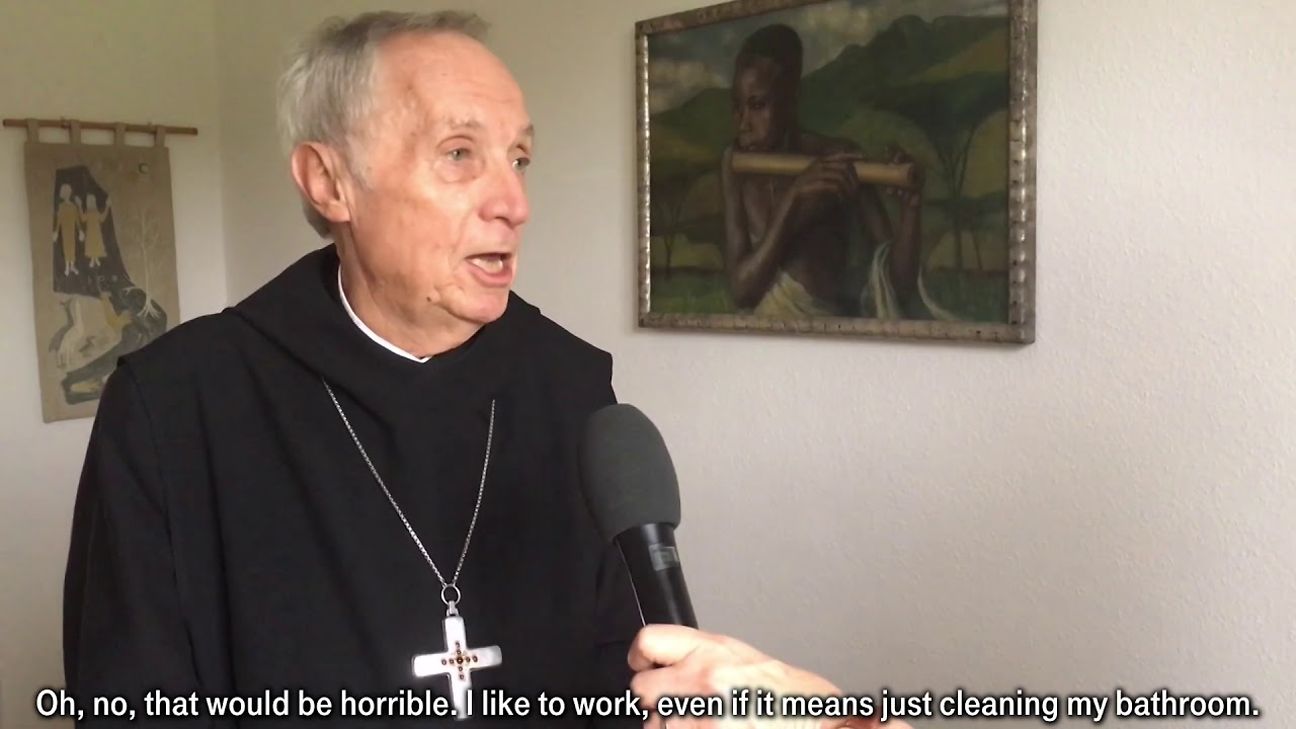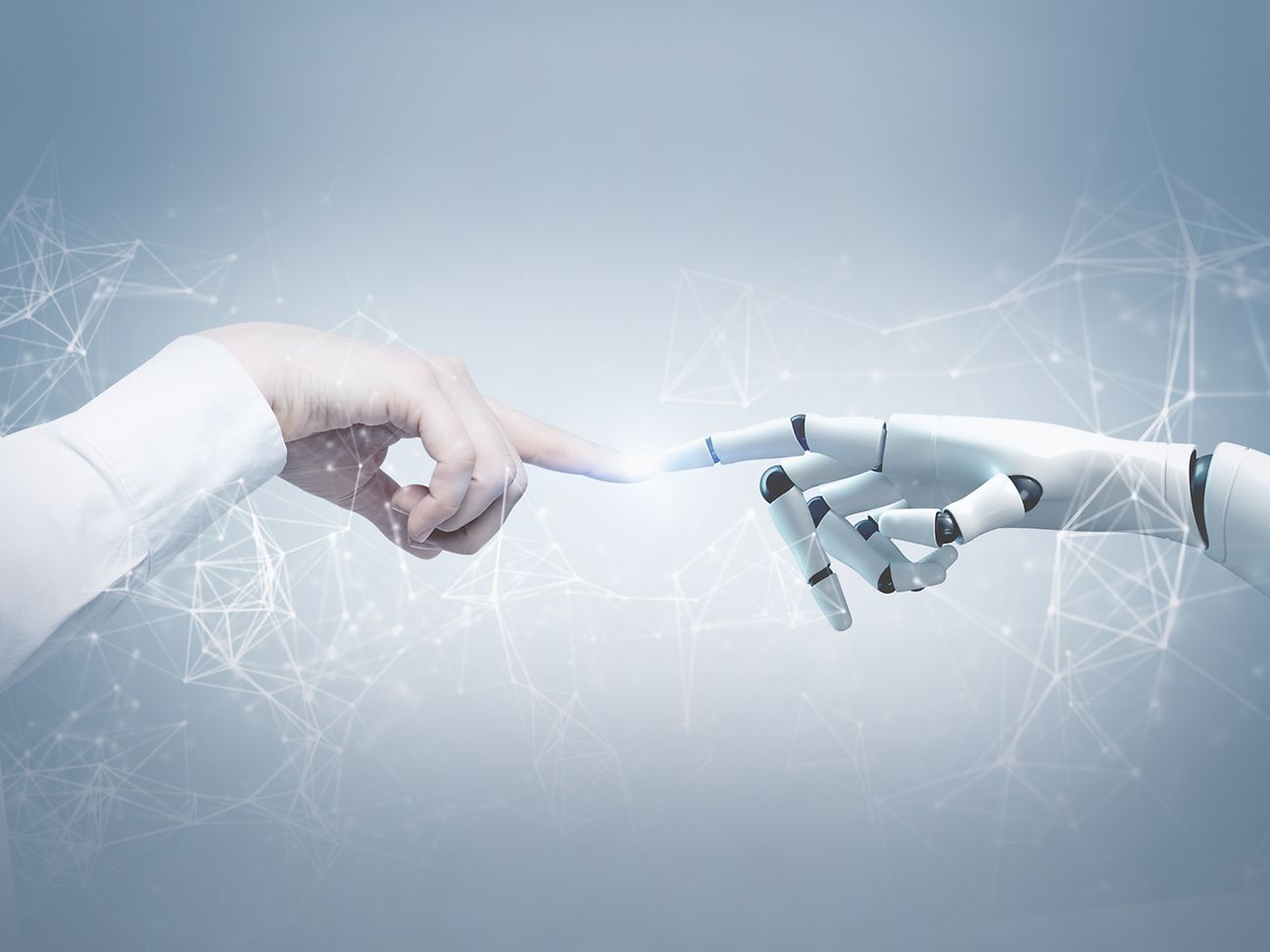

Video interview with Notker Wolf
The communications team spoke with Dr. phil. Notker Wolf, Abtprimus St. Benedictine mission.
Abbot Notker, is digitization a job killer, or is it a great opportunity?
Notker Wolf: I think digitization is a great opportunity. It can be a way to eliminate negative kinds of work, so that people no longer have to do such tasks. Things like manufacturing in automobile factories and much more – robot technology could do all of that. Of course, that would cost a lot of jobs. But I am convinced that humans are flexible enough to come up with new jobs, and there are always new things that need to be done – they crop up all the time. This, of course, means that people must constantly work, constantly study and constantly learn during the course of their lives.
And there are jobs or professions that simply cannot be digitized. Caring for those who are ill or living in nursing homes, for example. You need people with empathy for that kind of work, people who perhaps have a little bit more time. If digitization means that we will have more time for humanity, then I'm all for it.
A society without work – is that even possible?
Notker Wolf: Oh, no, that would be horrible. I like to work, even if it means just cleaning my bathroom. It's really beautiful to experience a sense of success or fulfillment through labor.
Of course, work in our society will change drastically in the future. Nonetheless, some basic tasks or services will remain because we have no alternatives for them. I prefer to ask: Why is work seen as such a negative thing? The answer depends on the kind of work a person does. In principle, work or labor is basically a form of creativity. If I have to do routine tasks, that can be a problem in terms of creativity. Thus it would be good if digitization takes over these routine jobs.
Some people propose the introduction of an unconditional basic income for everybody, an income not based on work or performance of any kind. Is that a just and fair option for the society of the future in your opinion?
Notker Wolf: I think that depends on how one perceives humanity or envisions what humanity can be. Some people are extremely positive in their views – they believe that people would go to work even they didn't need to pay for anything in life. This is not the case. Humankind tends to be somewhat lazy. That's why I have a problem with the concept of an unconditional basic income for all.
But there is something else. Benedict says: "The monk is a genuine monk only when he lives from the labor of his own hands." Today, of course, it is no longer possible to live entirely from the labor of one's own hands. That's where the government must play a role. That's why we have a social market economy. Those who have must share with those who have not. If someone sees this as negative or discriminatory, that is his or her personal attitude. But you have to remember that there are differences and inequalities in life, and that applies to a person's abilities and character. Some people are extremely ambitious, while others are more relaxed and mellow. And that's OK, but those who are not bundles of ambition must learn and accept that they must be happy with less in terms of the fruits of labor in our society.
Thank you.

